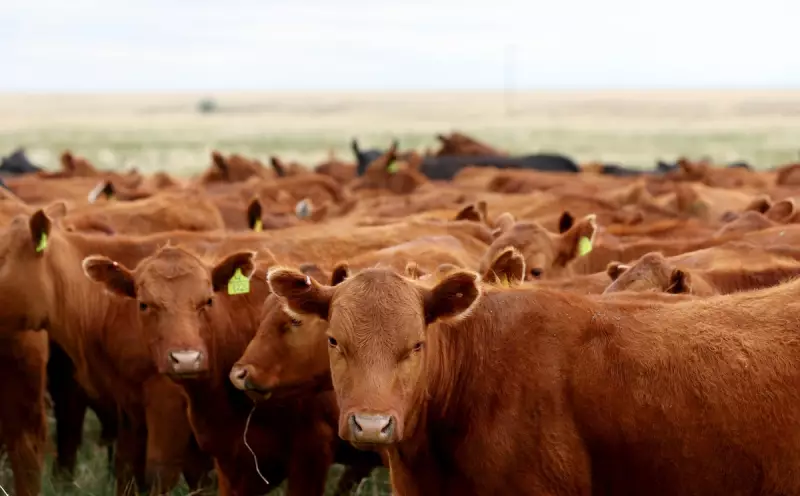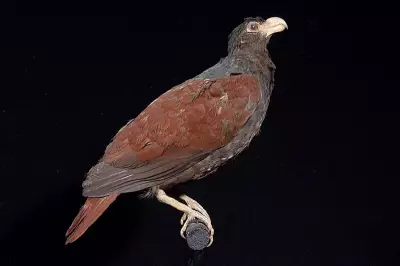
Texas is facing a growing crisis as a flesh-eating parasite, known as the screwworm, has been detected in cattle herds. Authorities are scrambling to contain the outbreak, which poses a significant threat to livestock and the state's agricultural sector.
What is the Screwworm?
The screwworm (Cochliomyia hominivorax) is a parasitic fly whose larvae feed on the living tissue of animals, including cattle, pets, and even humans. Infestations can lead to severe infections, economic losses, and, in extreme cases, death.
How Did the Outbreak Start?
The recent detection of screwworms in Texas has raised alarms among farmers and veterinarians. The parasites were identified in a fly factory, a facility used to breed sterile flies for pest control. Officials suspect a breach in containment protocols may have allowed the infected flies to escape.
Impact on Cattle and Agriculture
The infestation could devastate Texas's cattle industry, a cornerstone of the state's economy. Infected animals suffer painful wounds, reduced productivity, and higher mortality rates. If left unchecked, the outbreak could spread to other states, causing widespread damage.
What’s Being Done?
State and federal agencies are working together to:
- Quarantine affected areas
- Deploy sterile flies to disrupt the parasite's breeding cycle
- Monitor livestock for signs of infection
Farmers are urged to inspect their herds regularly and report any suspicious symptoms to authorities immediately.
Could Humans Be at Risk?
While rare, screwworm infections in humans can occur, particularly in open wounds. Health officials advise practicing good hygiene and seeking medical attention for unexplained sores or lesions.
The situation remains fluid, and experts are closely monitoring developments to prevent further spread.





